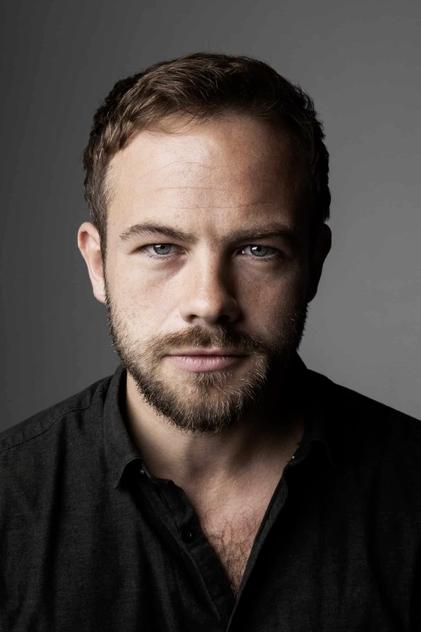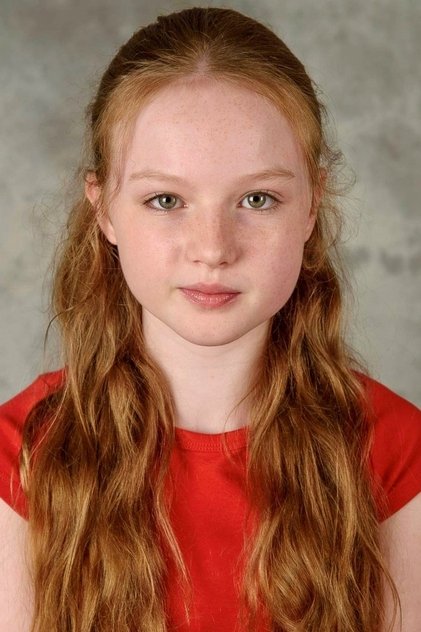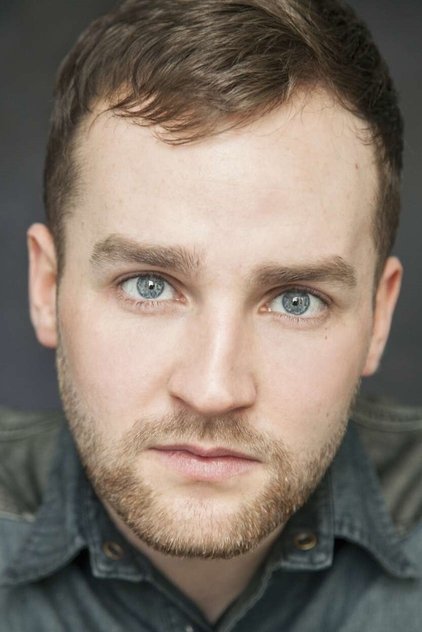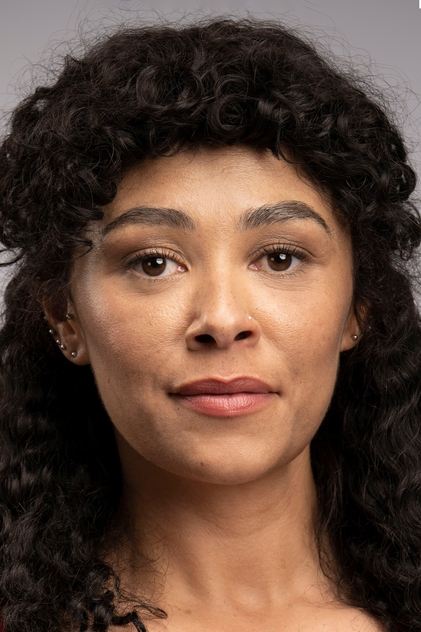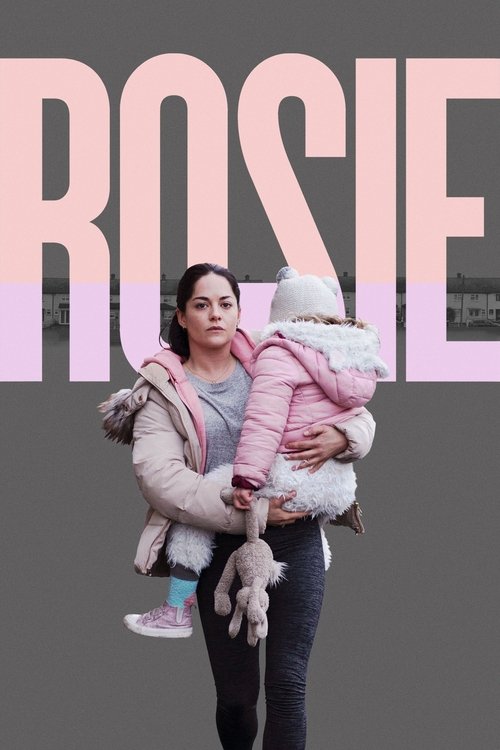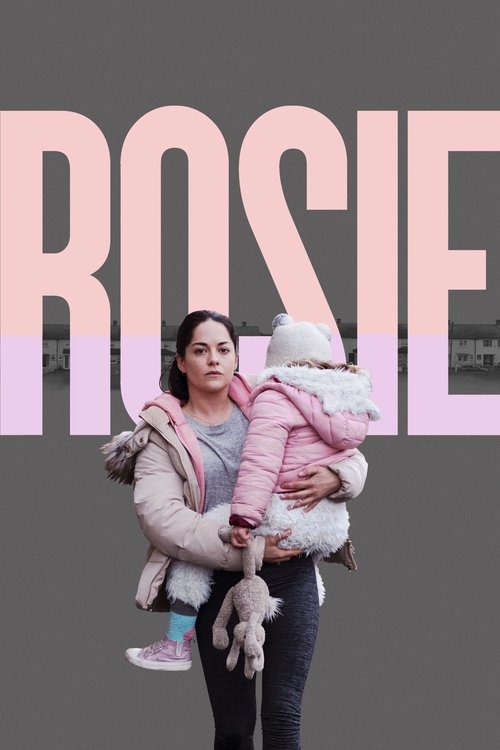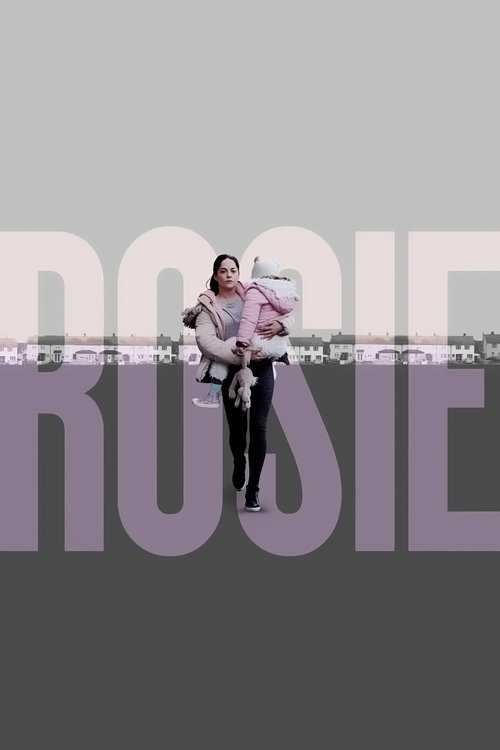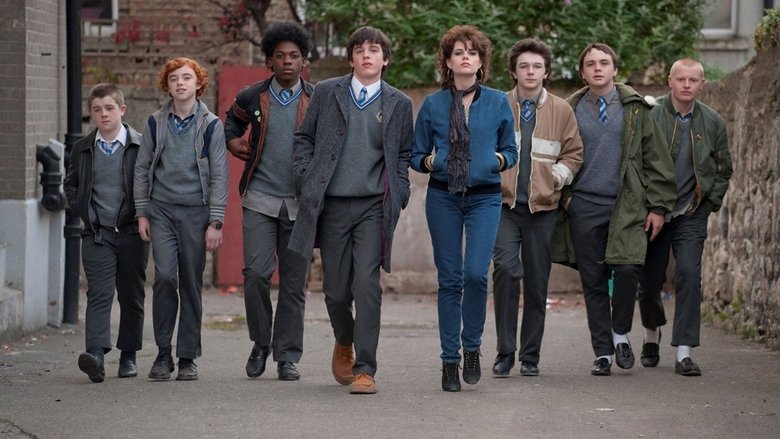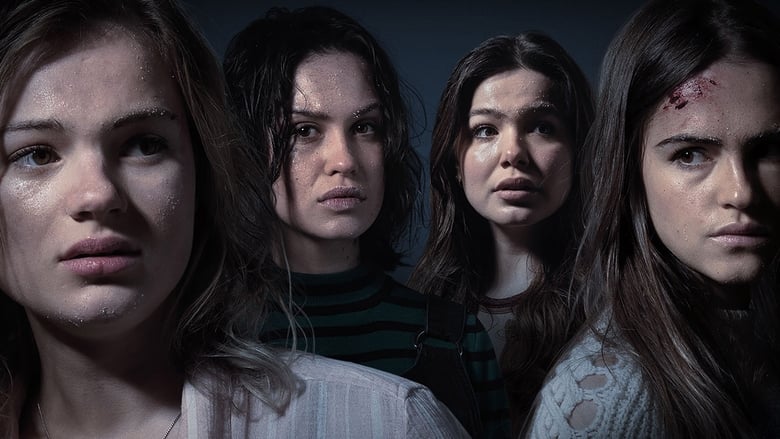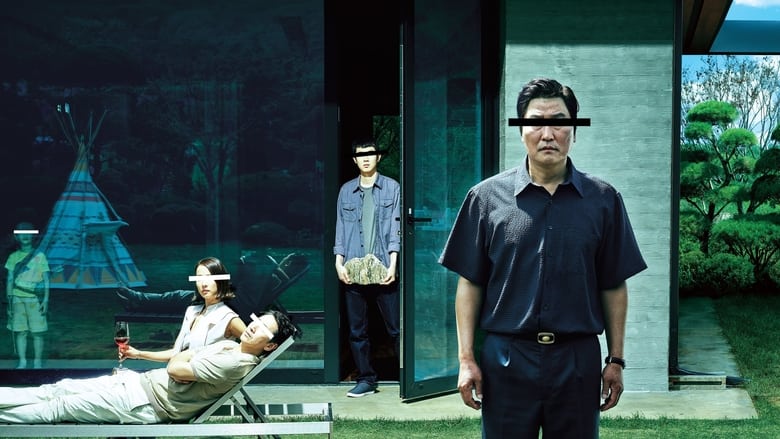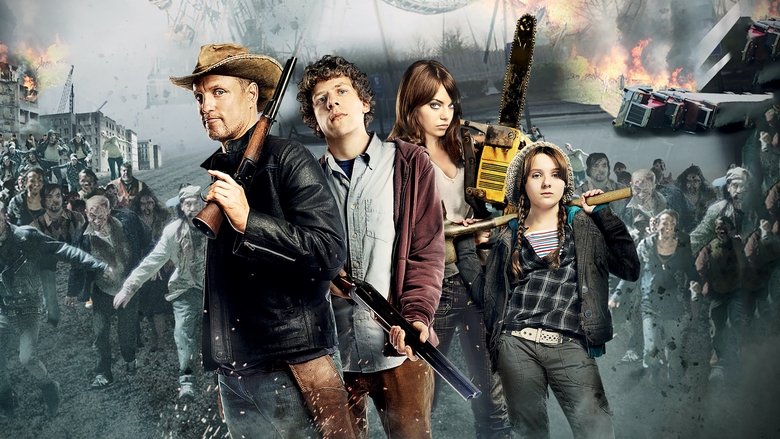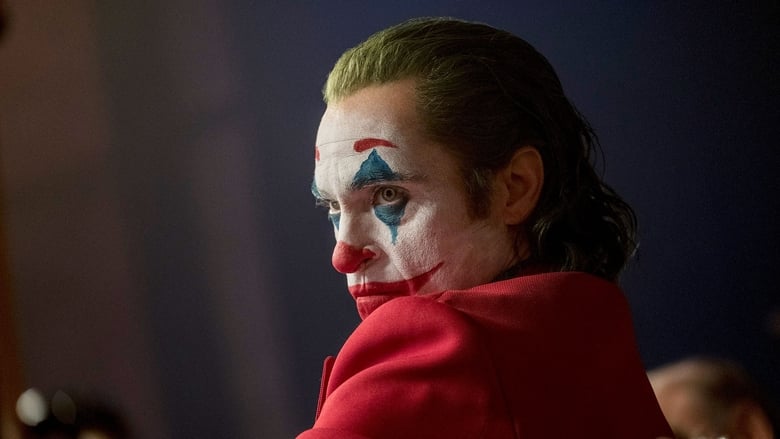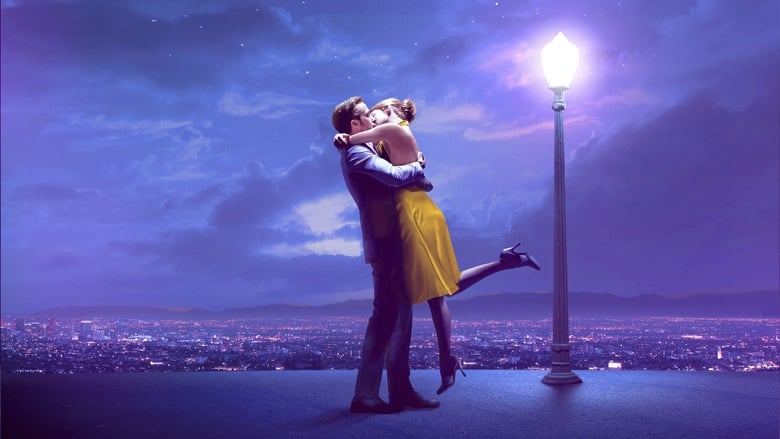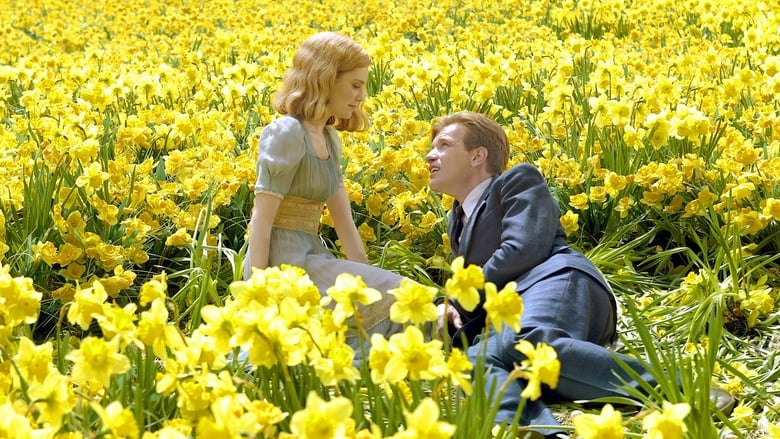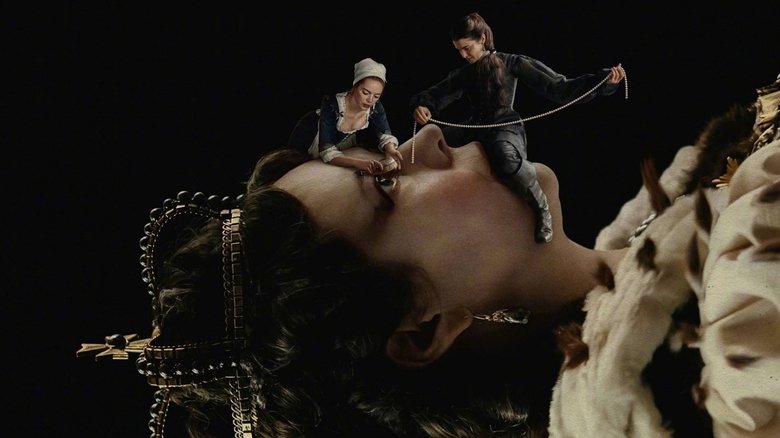Stephen Campbell
Jun 7, 2019
8/10
In November 2018, the official rough sleeping count confirmed 156 people sleeping rough in Dublin, with an additional number in the Night Café, without a place to sleep.>... >In the past, most people using emergency accommodation were single adults. But in the last three years, there has been a rapid increase in the number of families becoming homeless, and in January 2019, there were 1,614 families accessing emergency accommodation. This includes 3,624 children. >...
According to Focus Ireland research and analysis, the overwhelming number of families becoming homeless had their last stable home in the private rented sector, and the crisis in this sector is the immediate cause of their homelessness - landlords selling up or being repossessed, shortage of properties to rent, scarcity of properties accepting rent supplement, and high rents.
Most of the families becoming homeless have never experienced homelessness before and never thought this could happen to them. Thousands more families are struggling on very low incomes or social welfare and many are falling into serious housing difficulties as rents continue to rise.>...
At the end of January 2019, there were over 893 young people (adults aged under 25) living in emergency homeless accommodation. This represents an 84% increase from January 2015. 65% of these young people live in Dublin.>...
What you see above is the 'official' homeless figures. It is widely recognised that large numbers of young people live without a permanent home but do not enter homeless services. These young people survive by sleeping on a friend's sofa, squatting or staying in other insecure or unsafe places.
We know so little about the real numbers of young people facing homelessness in this way and the challenges they face that Focus Ireland has referred to them as 'the forgotten homeless'.>...
The right to housing is recognised by the United Nations (Article 25 in the Universal Declaration of Human Rights) and the UN has been active in highlighting homelessness as a violation of human rights.
- "About Homelessness"; Focus Ireland
audiences are often very quick to place judgement on people in these situations – that they might be cheating the system, or taking benefits, and this is not the case. It's that the system is failing thousands of families.The fact that the Davis family are an "ordinary family" enables Doyle to demonstrate that no great economic cataclysm or personal defect is necessary for people to be cast into the void, it's as much to do with bad luck and bad timing, and, in this sense, the film explores the extent to which the housing crisis has begun to cross class borders. Since Doyle began writing, the crisis has worsened significantly, making the film even more relevant now than it was two years ago. Indeed, a scene in the film in which the family are told to spend the night in a Garda station is as "ripped from the headlines" as is humanly possible. When asked about the film's topicality by RTÉ, Greene states,
I think that's why Roddy wrote it, because he was so angry at the situation, and felt ashamed, being a citizen of Ireland, at this happening. We're not a Third World country, we're a very wealthy country, and it is shameful to see so many families in this situation. It's not okay.Dunford adds,
this story is about normal people who are just in a desperate situation, and it could happen to anybody. It's the last thing that they considered ever happening to them.As this may suggest, Rosie is a piece of social realist drama in the tradition of Ken Loach or Jean-Pierre and Luc Dardenne. However, it is much less concerned with constructing a left-wing world-view than the French brothers (I'm thinking of something like L'enfant or Deux jours, une nuit), and far less melodramatic than recent Loach output (the most obvious point of comparison is the predictable and manipulative I, Daniel Blake (2016), a decidedly inferior film to Rosie). As with all social realist cinema, Rosie speaks to the privations of the working class, and voices a critique of prevailing social structures. However, the nature and target of that critique is less conspicuous than we often find in the work of Loach, Mike Leigh, or Antonia Bird, with the film placing more emphasis on private character beats than synecdochical situations or character archetypes. One of the strengths of Doyle's script is that he has been able to transmute emotionless news headlines and dry statistics concerning the rising tide of homelessness into a deeply effective and emotional story which does, by all means, work as a call-to-action, but which is much more forcefully a call-to-care. Doyle is not overly interested in sermonising about the failings of the State, concerning himself much more with what the housing crisis means to real people in practical terms. Avoiding overarching socio-political protest, he focuses on eliciting empathy and compassion for a situation about which the majority of people simply don't care. Sure, when a homeless person dies on our streets, there is much head shaking and "isn't it terrible" remarks, a few fingers pointed at our officials, but the majority of people do nothing – they don't give to charity, they don't volunteer, they don't give people a few euro on the street, or buy them a coffee and a roll, they don't campaign, they don't care. Rosie dares you to care. It demands that you care. In exploring this issue, Doyle's script is remarkable for its sense of restraint, avoiding condescension, cliché, predictability, and melodrama. Rather than the characters speechifying about their plight and the state of the country, they devote all their energies to simply getting through the day, dealing with each on-the-spot challenge (such as going to the toilet) as it arises. As a result, they never come across as a manipulated political device, existing only at the level of symbolism or allegory, merely a means to allow the screenwriter some socio-economic grandstanding (indeed, the wider-ranging homeless crisis itself is literally never mentioned in the film). However, this is not to say that the film avoids looking at how this kind of situation can exist in a country whose GNP has dropped only twice in the 21st century, and has risen steadily since 2009, and markedly since 2014. The film very much deals with the issues arising from the housing crisis, but in subtle ways. For example, during a small disagreement between Rosie and John Paul, she criticises his job, saying the restaurant where he works make "organic lunchboxes". Her derision at the incongruity that her family is on the street, whilst others enjoy this kind of luxury is never explicitly stated, but it is there in Greene's performance, which offers a novel take on the old "the gap between the haves and the have-nots is widening" speech. Another example is found when John Paul attends an open-viewing for a house he and Rosie are thinking of buying in the East Wall area of Dublin. Finding the house crawling with people obviously considerably more wealthy than himself, John Paul asks the real estate agent to put his name down, only to be told the house "isn't really suitable for a family." Again, the real meaning behind this remark is left unsaid, but the critique of gentrification is unmistakable. An extremely important scene in this respect is when Rosie visits her brother-in-law and his wife. When he refers to the family being homeless, she quickly chastises him, telling him "don't use that word", and denying that the family are, in fact, homeless. This speaks volumes as to cultural stigma and social labelling. The family are very clearly homeless, but Rosie is unwilling to use the word or acknowledge that status, as to do so would place her amongst a social class that has been utterly cast off, and is generally seen as less than dirt by the populace at large. Aside from the way in which it handles the housing situation as a national crisis, Doyle's script is surprising in other respects. For example, something I didn't see coming is that Rosie's mother (Pom Boyd) has a decent-sized house, and a good relationship with her grandchildren, who she is more than happy to let stay with her. However, she and Rosie have had a falling out recently over something unspoken concerning Rosie's deceased father, and her mother won't let Rosie back into the house until she takes back whatever she said. Rosie, for her part, refuses to apologise, and as she also refuses to split the family up, that means the children can't stay with their grandmother. In this respect, one of the sub-themes of the film becomes one of personal ethics – will Rosie abandon her principals in order to put a roof over her children's heads? Another nice piece of writing is that Doyle doesn't have Rosie and John Paul at each other's throats the whole film, as we might expect. Instead, they support each other 100%, working together to try to keep the children's spirits up, and only seriously arguing once (which, tellingly, they do away from the kids). One of the film's most salient themes is that theirs is a marriage of genuine love and respect, and that goes double for their family. The film may be asking for empathy from the audience, but it also depicts a great deal of empathy, as Breathnach and Doyle stress that this is a tight-knit family unit filled with love and affection. Their situation may be grim but they are in it together. Doyle has also fashioned an absolutely knockout ending, which somehow manages to be both extremely uplifting, yet utterly soul-shattering. From an aesthetic point of view, Breathnach's direction is utilitarian, wisely avoiding any kind of directorial gymnastics which would draw attention away from the story. Which is not, however, to say that the film is visually uninteresting. One particularly well-blocked scene sees Rosie talking to a school principal, with the sequence shot in such a way that the two-shot is demarcated by a computer monitor, literally cutting Rosie off from the well-to-do world represented by the principal. The scenes in the family's car (which comprise a sizable portion of the film) are suitably cramped and claustrophobic, with a palpable sense of unrest growing ever more prominent as the film continues. In contrast, however, many of the exterior scenes are shot in such a way as to feel disconcertingly empty, with Rosie and her family often dwarfed within the frame, creating a real sense of hopelessness and swimming-against-the-tide. Additionally, almost the entire film is shot with handheld cameras, with a lot of the exteriors consisting of long single-take Steadicam shots which create a sense of urgency, as well as depriving the characters of any sense of the control with which they could be imbued by editing. Much of this works to enhance the film's prevailing aesthetic style, which is a kind of pseudo-cinéma vérité documentarian approach, with the on-screen milieu feeling completely authentic. One especially well managed aspect of the film is how it deals with the task of ringing around the various hotels trying to find a room, going through the exact same conversation over and over and over again. Before we see any images, we hear a radio report talking about the homeless crisis, followed by Rosie ringing the first number on her list. Then the image fades in. This conversation becomes a refrain, and is continued throughout the film, serving almost like a chorus punctuating the rest of the days' activities. It's also worth noting that Rosie's mobile phone is visible in practically every scene. I'd be remiss here if I didn't address the performances. Greene is simply outstanding as Rosie, carrying the bulk of the film, and most of the emotional weight (a good 70-80% has her front and centre). Her attempts to remain calm in front of the kids, never losing her temper or chastising them for being frustrated with their situation, and her sorrow and regret on the few occasions when she does, are utterly heart-breaking. Her brave face slips a couple of times, and when it does, there is no sense of catharsis, no feeling of pressure being released. There is just sadness, and acknowledgement of her suffering. Despite her outward optimism, the ominousness of the situation is always there, right beneath the surface. It's an extraordinarily subtle and layered performance of just a few emotional registers, but it's completely effective and rings completely true. The ever-reliable Dunford is also excellent in the slightly under-written role of John Paul, imbuing the character with a warmth and fragility, especially noticeable in a heart-breaking scene in which he reveals to Rosie his shame at not being able to adequately provide for or protect his family. Although Rosie is about a national crisis, it is also intensely personal. Doyle may not be outwardly concerned with the politics, but his sense of anger is unmistakable as he attempts to show that the ordinary and decent people of this country are being humiliated and degraded on a daily basis. Speaking to RTÉ, Dunford states,
this is about our people, this is about Ireland, this is about a bigger picture. It's about our brothers, it's about our sisters, it's about how they're being taken for fools by weasely people in government who are cowards, and something has to be done. That's what it's about.In this sense, Rosie should make audiences angry. And it probably will. The problem is that it will have a very small audience. This is not Cathy Come Home being watched by 12 million people on the BBC. This is a small independent film playing on a few screens across the country, a film of which the vast majority of the cinema-going public have never heard. In the end, despite the fact that it's exceptionally well made, deeply affecting, and flawlessly acted, Rosie won't make much of a difference or have much of an impact. And that's a crying shame.



